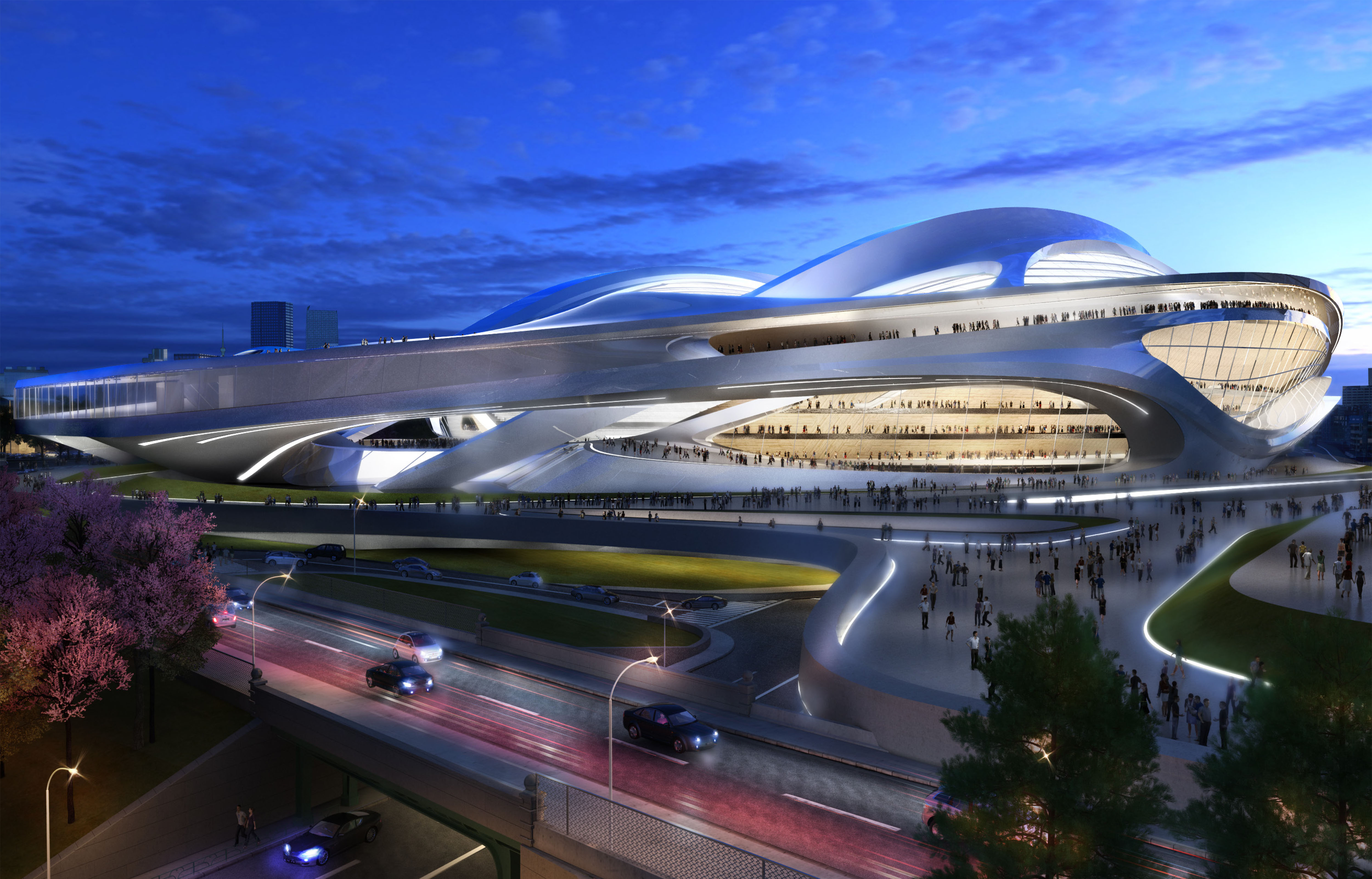The media is still very positive about the 2020 Tokyo Olympics, but its ardor has cooled significantly with regard to the way the central government is holding up its end of the bargain.
When Tokyo was selected by the International Olympic Committee in Buenos Aires in September 2013, Prime Minister Shinzo Abe personally shilled for the capital and promised to do exactly what the bid committee had told the IOC it would. Some of the ideas that swayed the world body, such as keeping the games "compact," have been subsequently altered or diluted, mainly due to cost concerns, and if these changes have been accepted, it's because it's natural to assume that the committee exaggerated Tokyo's capabilities in its campaign. Everybody lies a little in these situations.
The press has been less forgiving of the way various public functions have handled the matter of the new National Stadium. In an editorial, Asahi Shimbun bluntly characterized the Ministry of Education, Culture, Sports, Science and Technology's management of the issue as "nothing short of miserable." This reaction gives rise to the question of why the media wasn't probing the matter back when it could have made a difference, since, by all appearances, they knew there were problems from the start.



